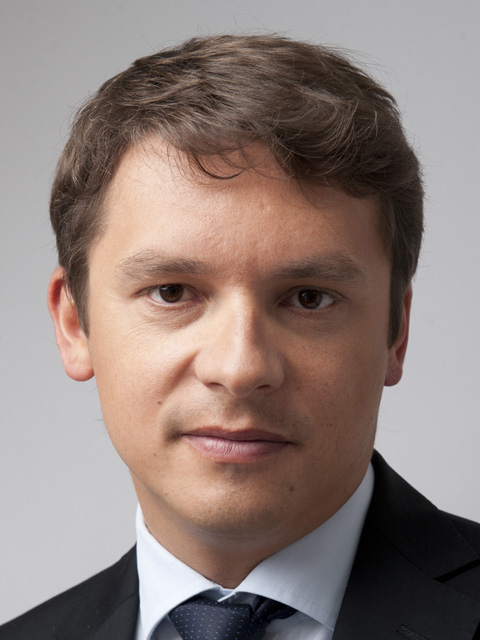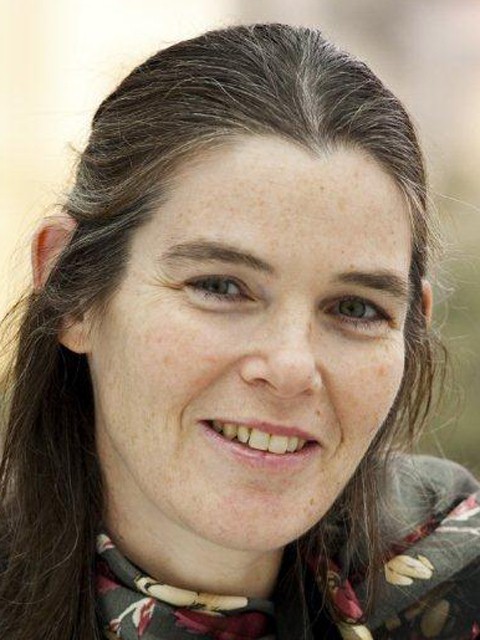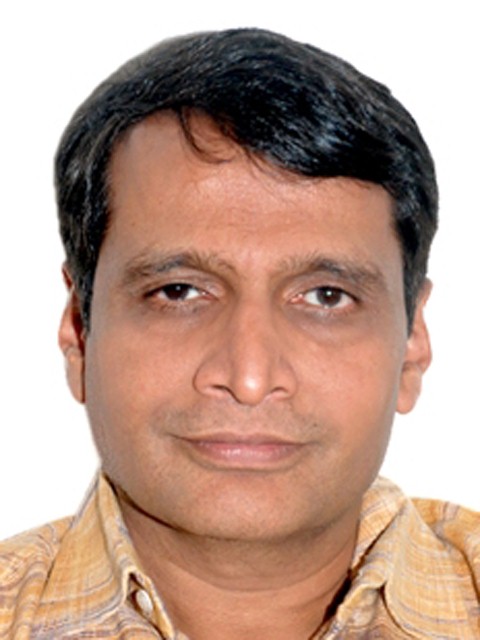A GLOBAL SYSTEM OF INTELLECTUAL PROPERTY FROM THE PERSPECTIVE OF THE BRICS COUNTRIES
The modern economy is increasingly dependent on intellectual property. According to the World Bank, about 80% of the world's wealth already takes the form of intangible commodities, including information and knowledge in their various forms.
Turnover of knowledge and information is a key element in the modern world. Nobel Prize-winning economist Joseph Stiglitz noted, "Globalization is one of the most important issues of the day, and intellectual property is one of the most important aspects of globalization, especially as the world moves toward a knowledge economy. How we regulate and manage the production of knowledge and the right of access to knowledge is at the centre of how well this new economy, the knowledge economy, works and of who benefits. At stake are matters of both distribution and efficiency.”
Moderator:
Marina Kim ,
Anchor, Channel One Russia
Panellists
Igor Drozdov ,
Chairman of the Board, Skolkovo Foundation
Anton Ivanov ,
Chairman, Supreme Court of Arbitration of the Russian Federation
Daphne Koller ,
Professor, Stanford University
Suresh Prabhu ,
Chairperson, The Council on Energy, Environment and Water of India
Alexey Repik ,
President, Delovaya Rossiya (Business Russia)
Alexey Repik ,
President, Delovaya Rossiya (Business Russia)
Cui Zhiyuan ,
Professor, School of Public Policy and Management, Tsinghua University










